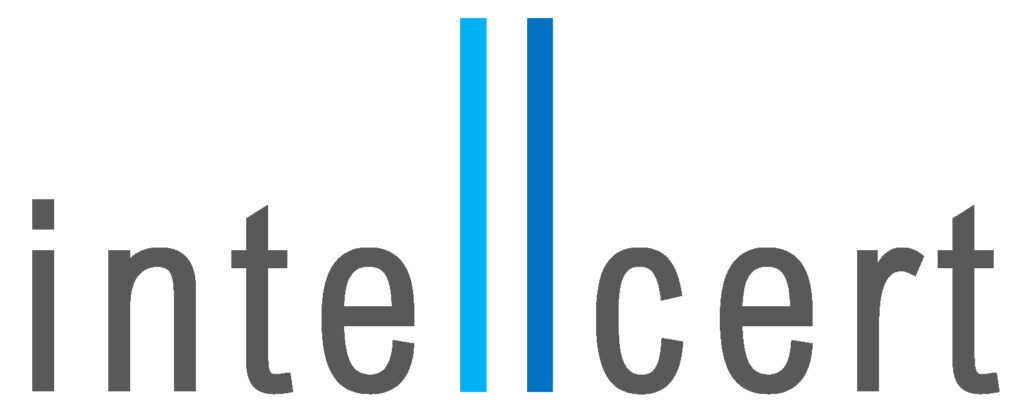Frequently Asked Questions (FAQ) about FSSC 22000 Certification
What does FSSC 22000 include?
FSSC 22000 is a comprehensive scheme for food safety management systems based on international standards and recognized by the Global Food Safety Initiative (GFSI). It sets out the requirements that organizations must meet to ensure the safety of their products throughout the food chain. The scheme includes various aspects, including:
- Food Hazard Management: Identification, assessment, and control of food hazards throughout the food chain.
- Food Safety Management System: Implementation of an effective food safety management system that meets the requirements of ISO 22000 and additional requirements.
- Prerequisite Programs: Implementation of prerequisite programs, including Good Manufacturing Practices (GMP) and Good Hygiene Practices (GHP), to ensure food safety.
What are the objectives of a food safety management system according to FSSC 22000?
A food safety management system according to FSSC 22000 aims to achieve several objectives:
- Ensuring Food Safety: Ensuring that food is safely produced, stored, transported, and handled throughout the entire food chain.
- Risk Management: Identification, assessment, and control of risks related to food safety to minimize potential hazards.
- Compliance with Legal Requirements: Compliance with all relevant legal and regulatory requirements in the field of food safety.
- Continuous Improvement: Promoting continuous improvements in food safety to ensure compliance with the standard’s requirements and continuously enhance food safety.
- Employee Involvement: Training, communication, and involvement of employees to ensure that everyone in the organization contributes to food safety.
What is an FSSC 22000 certification?
An FSSC 22000 certification is a formal process whereby an independent certification body verifies and confirms a company’s compliance with the requirements of the FSSC 22000 scheme. It serves as evidence that the company’s food safety management system complies with internationally recognized standards and that the company actively strives to ensure the safety of its food products.
Who needs an FSSC 22000 certification?
An FSSC 22000 certification is beneficial for organizations in the food industry, particularly for manufacturers, processors, packagers, distributors, and service providers involved in the production, processing, or handling of food. The certification may also be relevant for companies in adjacent sectors that come into contact with food.
How is FSSC 22000 certification obtained?
To be certified under FSSC 22000, an organization must undergo a series of steps:
- Preparation: Develop and implement a food safety management system (FSMS) according to the requirements of the FSSC 22000 scheme.
- Implementation: Execute the management system, train employees, and integrate food safety measures.
- Internal Review: Conduct an internal review to ensure the effectiveness of the management system.
- Certification Audit: An independent auditor conducts a certification audit to verify the conformity of the management system with the requirements of the FSSC 22000 scheme.
- Certification: Upon successful verification, the certification is issued.
What are the benefits of FSSC 22000 certification?
FSSC 22000 certification offers several advantages:
- Recognition: The certification is recognized by the Global Food Safety Initiative (GFSI), enhancing the acknowledgment and acceptance of the management system within the food industry.
- Enhanced Market Opportunities: Certification can facilitate market access and strengthen trust among customers and partners.
- Risk Mitigation: By implementing an effective management system, organizations can identify and minimize risks associated with food safety.
- Compliance with Legal Requirements: Certification helps companies meet all relevant legal and regulatory requirements in the field of food safety.
- Continuous Improvement: Implementing a management system according to FSSC 22000 promotes continuous improvements in food safety.
What is the difference between ISO 22000 and FSSC 22000?
ISO 22000 is an international standard for food safety management systems, while FSSC 22000 is based on a specific scheme recognized by the Global Food Safety Initiative (GFSI). FSSC 22000 integrates the requirements of ISO 22000 with additional provisions and is more tailored to the food industry. While ISO 22000 is more general and applicable to organizations in all areas of the food industry, FSSC 22000 primarily focuses on food production and processing.

